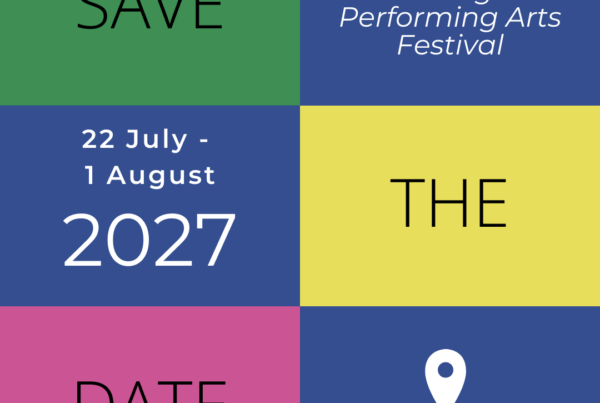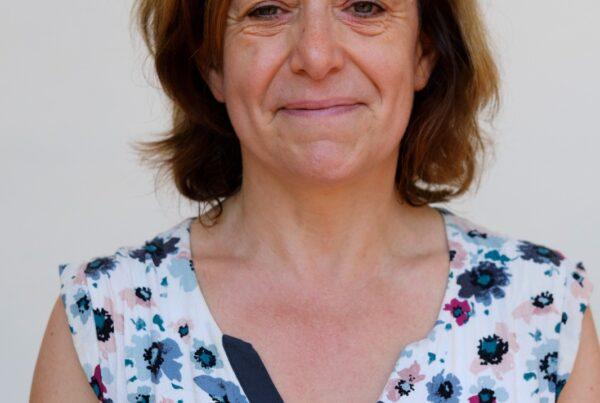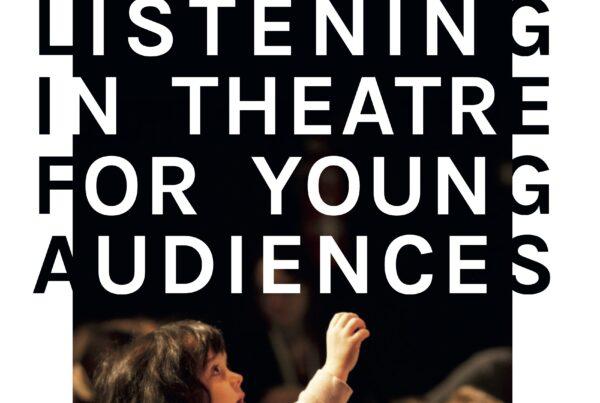Intolerable events have occurred all too frequently recently. One of these was the surprise attack on the offices of the Charlie Hebdo magazine in Paris in response to the publication of a caricature of Muhammad, the founder of Islam. There was a mass demonstration to protest against this attack on freedom of speech and the murderers were run down and killed. The company printed a new issue of the magazine in protest and it was immediately sold out. Nor is this all, the violence keeps escalating as we see the Islam extremists acting in Belgium. Those who protest say, “Firing bullets against a mere caricature is unthinkable, it violates freedom of speech”, and applaud. But I say it is not that simple. What historical and social conditions led to these actions? Of course, freedom of speech should not be the target of bullets. Having acknowledged that as a self-evident truth, I’d like to say we should have the creative ability to have an insight into the history behind the bullets.
I must say this in such a manner because we are the ones who can express this on stage. Our work in the theatre is an excellent medium for us to acknowledge different positions, due to senses of values that oppose each other, and light a path to a better conclusion based on sympathy. It is impossible for us who work in the theatre not to see what lies beyond the different views of the world. Our strength to tolerate diversity, supported by an abundant power of imagination, is the weapon that can replace bullets.
At the beginning of the 20th century, there was a female nursery rhyme poet in Japan who committed suicide at a young age. Her unhappiness was due to the fact that her husband did not acknowledge her value. Among her poems there is the following phrase:
“We are all different and all wonderful”
It is a gem of a phrase that she left after her death. And this line is more powerful than a bullet.
It used to be that something different was found over the sea or on the other side of the planet. But today, something different is right next to you. We cannot survive if we say we don’t accept anything different. To be accepted, it is necessary to accept.
You may ask what a Japanese person knows about the Christian and Islamic societies. But because I am Japanese, I must insist that there are things we can see and things we can say.
I say ‘words’ instead of ‘violence’ and ‘theatre’ instead of ‘bullets’!






